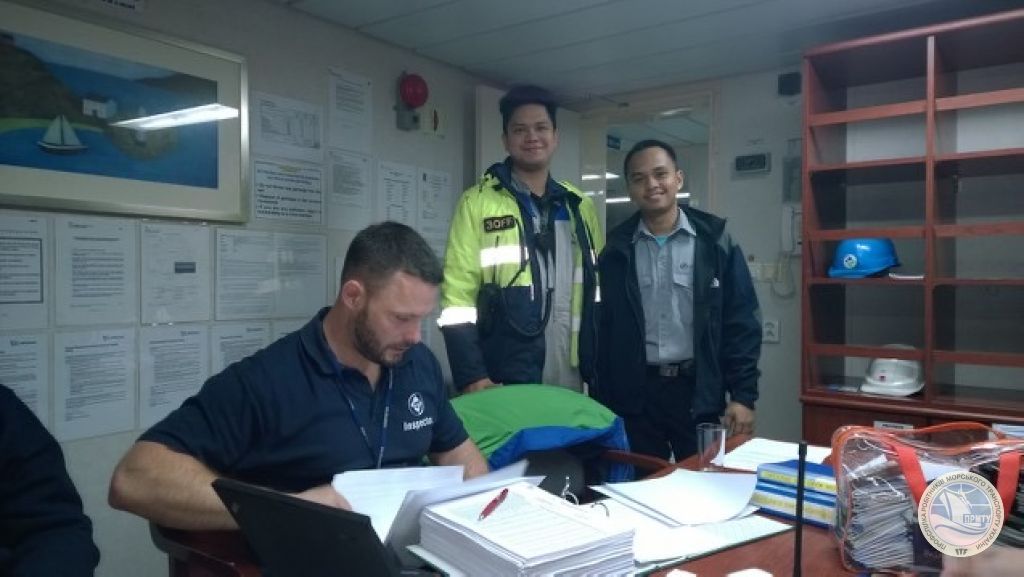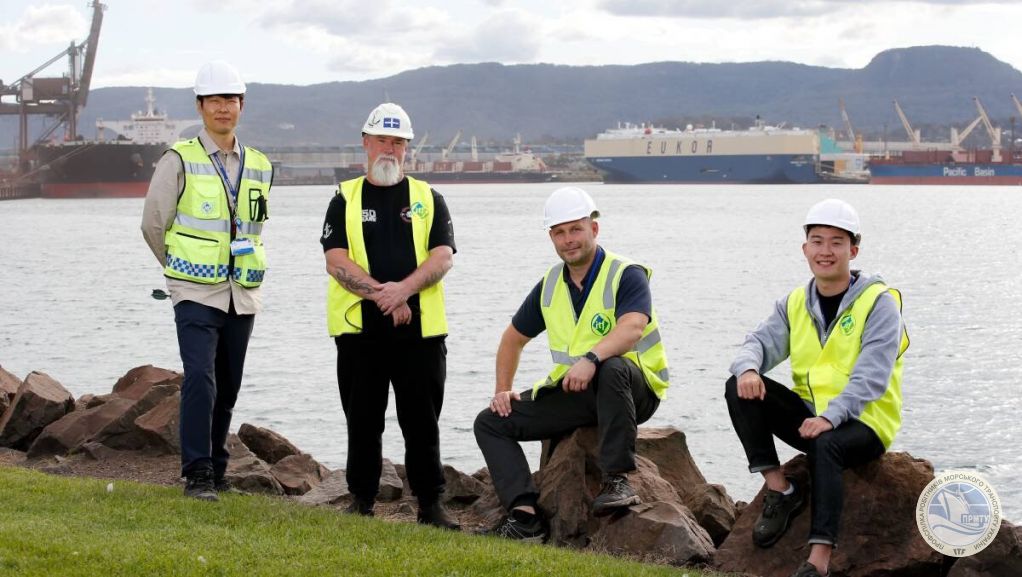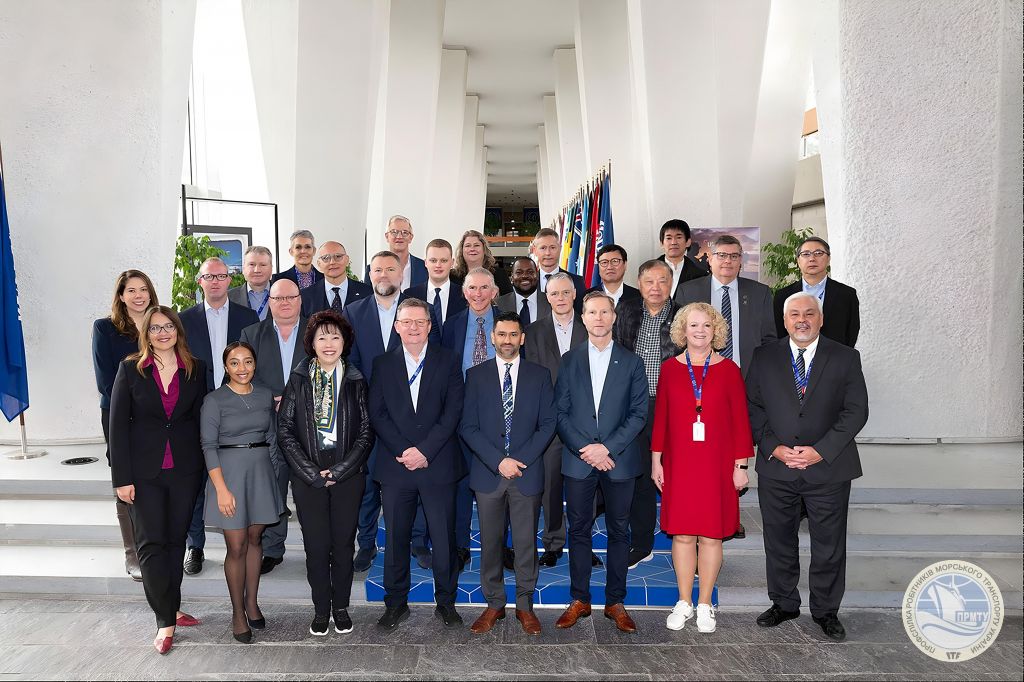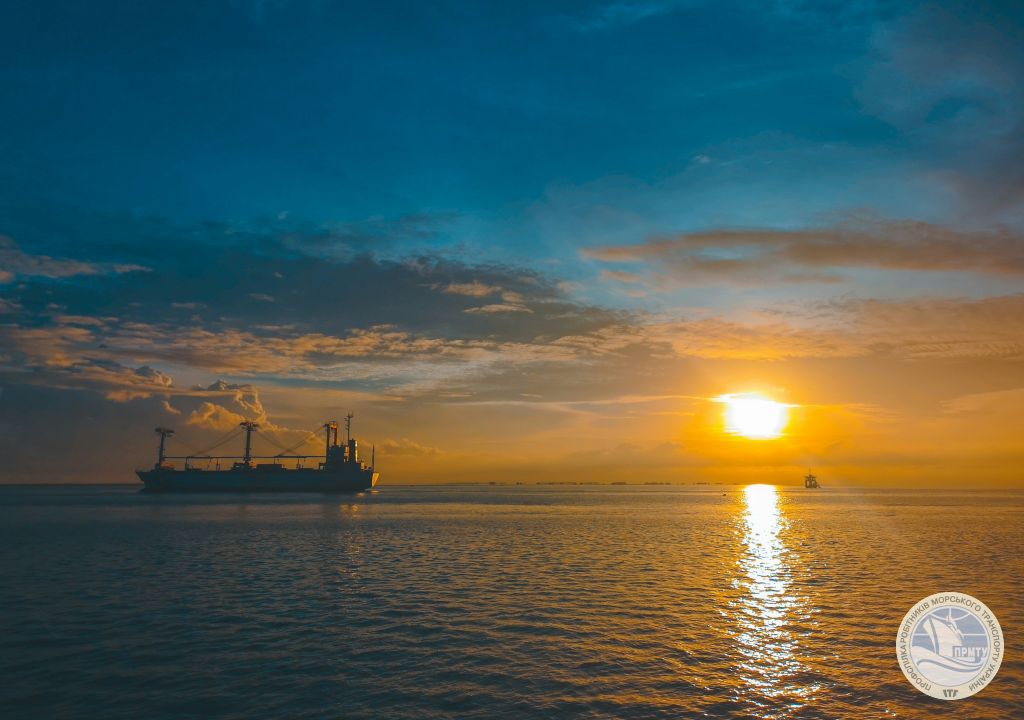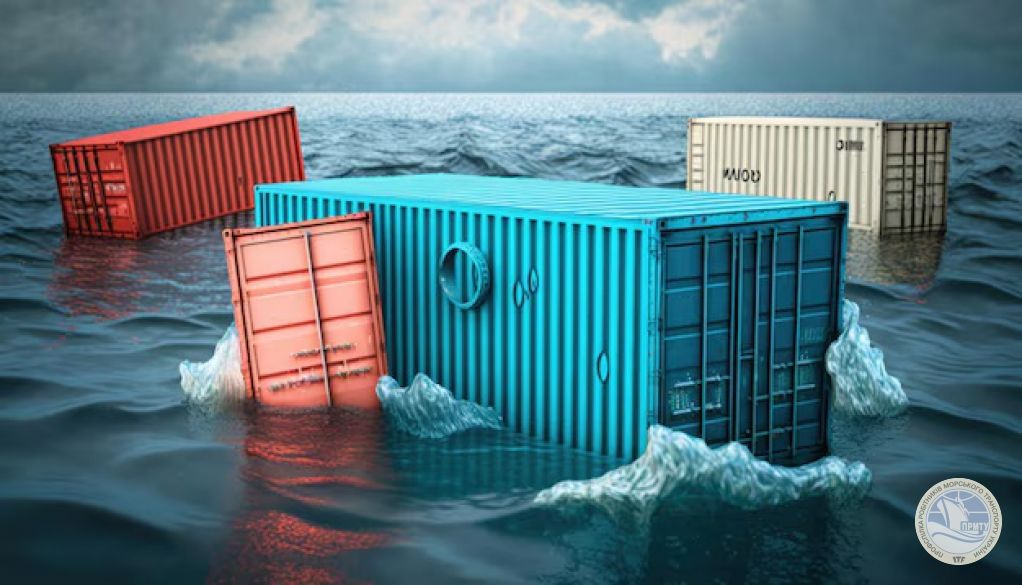Координатор ITF у Німеччині про реалії життя моряків та нові виклики галузі
Українські моряки працюють на суднах по всьому світу. Знаходячись тривалий час за сотні тисяч миль від дому та близьких; виконуючи виснажливу роботу, щоб забезпечити свої родини, працівники морської галузі підкорюють численні виклики. Невчасна виплата заробітної плати, несправедливі умови праці, затримка репатріації, психологічний тиск або навіть булінг на борту — це частина реальних ситуацій, із якими, на жаль, моряки продовжують і досі стикатися.
І саме ITF інспектори стають першими, хто приходить їм на допомогу. Щоб розповісти більше про вкрай важливу роботу, Профспілка робітників морського транспорту України (ПРМТУ) ініціювала серію інтерв’ю з інспекторами Міжнародної федерації транспортників (ITF). Саме ці люди щодня спілкуються з екіпажами, перевіряють судна, вирішують складні конфлікти — і добре знають, як насправді живуть і з чим продовжують боротися моряки.
Ця серія розмов покликана дати голос тим, хто кожну хвилину, кожну годину і кожен день стоїть на варті справедливості у морській галузі. Ми прагнемо не лише підвищити обізнаність спільноти щодо механізмів захисту трудових прав, а й висвітлити реальні історії, що стоять за словами «підтримка» та «солідарність».
Цього разу нашим співрозмовником став Свен Хемме, ITF Координатор у Німеччині (представляє ver.di). Його щоденна діяльність полягає в управлінні командою з п’яти інспекторів, а також у безпосередній роботі на борту суден: інспекція суден, перевірка умов побуту і праці моряків, контроль за виконанням і дотриманням колективних трудових договорів. У цьому інтерв'ю він поділився своїм досвідом роботи та розповів про сучасні тенденції у сфері захисту трудових прав на морі.
Як змінилися звернення моряків за останні роки? Які нові проблеми виникають?
Починаючи з пандемії Covid-19, проблеми або випадки, про які повідомляють моряки, дещо перейшли на питання відпусток на берег і репатріації.
Попри те, що репатріація сьогодні є більш-менш легкою, як і раніше, проблема відпусток на берег продовжує залишатися частиною наших завдань. Так, ми отримуємо багато скарг від моряків по типу «у цьому порту нам не дозволяють зійти на берег».
В одному конкретному регіоні Німеччини навіть влада намагалася заблокувати вихід на берег - не тільки судновласники чи хтось інший. Ми постійно з цим стикаємося.
В іншому випадку, наші проблеми зводяться до питань на кшталт «мені не доплатили за понаднормову роботу», «мені не виплачують зарплату» і тому подібне.
Загалом, я б сказав, що робота більш-менш повернулася до звичного режиму - плюс зросла кількість звернень щодо відпусток на берег.
Як часто українські моряки звертаються до ITF інспекторів? Як загалом це відбувається?
З українськими моряками, як і з представниками інших національностей, немає якоїсь чіткої закономірності. Особливо після початку війни, коли ситуація була складною, зараз усе більш-менш повернулося до звичного рівня. Якщо сьогодні ми отримуємо скарги від українців, то це вони стосуються заробітної плати або випадків, коли компанія затягує з репатріацією. Хоча ці затримки вже не пов’язані з проблемами логістики.
На щастя, багато українських моряків і досі працюють на вантажних суднах по всьому світу. Звісно, ми регулярно отримуємо звернення від них, але, скажімо так, з огляду на їхній рівень освіти, вони не ті, хто скаржиться одразу. Думаю, представники інших національностей, залежно від їхньої посади на борту, можуть бути більш схильні висловлювати невдоволення умовами.
На мою думку, українські моряки — досить міцні. Вони не поспішають скаржитися. Спочатку, як правило, намагаються розв’язати всі проблеми самостійно.
Які найскладніші випадки, пов’язані з українськими моряками, вам доводилося розглядати у вашій роботі?
Загалом найскладніші випадки стосуються проблем на борту суден, які не покриті ITF договорами, оскільки нам бракує повноважень або зобов’язальних документів, щоб чинити тиск на компанію, і можуть виникати труднощі з доступом на судна.
Для мене, зазвичай, найскладніші скарги чи ситуації стосуються повсякденного життя на борту, особливо коли йдеться про булінг і домагання.
Тому що представникам різних національностей може бути складно жити й працювати разом, оскільки обидві сторони можуть мати різне розуміння ситуації — можливо, навіть різні етичні норми. Тож завжди складно глибше занурюватися у такі випадки, бо зазвичай не буває так, що одна сторона повністю винна, а інша повністю права. Це радше питання комунікації та взаєморозуміння.
Тому, коли отримуєш подібні кейси — це завжди непросто.
Наскільки добре моряки обізнані про діяльність ПРМТУ та ITF?
Загалом у мене є відчуття, що українські моряки досить добре розуміють, що таке ITF, чим займається ця організація і як профспілки можуть допомагати. Проблема зазвичай полягає в тому, щоб поєднати їхнє розуміння прав, які надає профспілкова діяльність, із усвідомленням обов’язку приєднуватися до профспілок.
Багато років тому проводилася кампанія з організації членства в ПРМТУ. І якщо я правильно пам’ятаю, тоді ще зберігалися застарілі уявлення про проблеми профспілкової діяльності, зокрема, в Україні.
Однак зараз, коли ваша профспілка розвиває освітні програми, медичну підтримку та подібні ініціативи, це допомагає людям зрозуміти, що профспілка — це не просто орган, який вирішує проблеми, а потужна сила, яка за підтримки своїх членів здатна ставати сильнішою та змінювати багато речей.
Я вважаю надзвичайно важливим і надалі рухатися цим шляхом і приділяти ще більше уваги саме просвітницькій роботі, зокрема підвищенню обізнаності про роль профспілок.
Бо одна справа — знати, що профспілки існують і допомагають, а зовсім інша — усвідомити, що лише сильні профспілки з великою спільнотою, можуть гучно та ефективно висловлювати голоси працівників.
Які кроки можна зробити, щоб покращити ситуацію з булінгом, домаганнями та подібними випадками?
На мою думку, все знову зводиться до освіти. Люди мають ставати більш обізнаними і розуміти, що люди з різних культурних середовищ можуть по-різному сприймати одні й ті самі речі.
Був один випадок на борту — це був капітан із країни Східної Європи, і екіпаж з Південно-Східної Азії. Але це пов’язано з усіма тими проблемами, з якими моряки стикаються на борту. Капітан накричав на матроса: «Ти маєш прибрати ретельніше, або я тебе вб’ю». Це прозвучало жорстко. Але моряк злякався за своє життя і вже не міг нормально виконувати свою роботу.
Коли я поговорив з капітаном, то виявилося, що він просто так жартував. Можливо, для людей з нашого регіону така манера з іронією чи сарказмом є зрозумілою, ми простіше це сприймаємо. Але його підлеглий зовсім не сприйняв це як жарт. І капітан насправді сам сказав мені: «Та ну, моя родина постійно каже, що мені треба бути трохи м'якшим».
І, як на мене, це приклад того, як розуміння різних етичних норм і культурних відмінностей може допомогти налагодити краще взаєморозуміння на борту.
Яку пораду ви можете дати морякам, щоб мінімізувати ризики та захистити себе від порушень?
Перш за все — переконайтеся, що ви знаєте правила і знайомі з колективним трудовим договором, який діє на борту.
Якщо маєте сумніви — звертайтеся до своєї профспілки. Ставте ті питання, які вас турбують, ще до того, як «у вас зірве дах» або з’явиться депресія чи щось подібне.
Тобто, обов’язково знайте свої права, розумійте, що таке профспілки, і звертайтеся до них за допомогою якомога раніше — а не тоді, коли вже занадто пізно.


